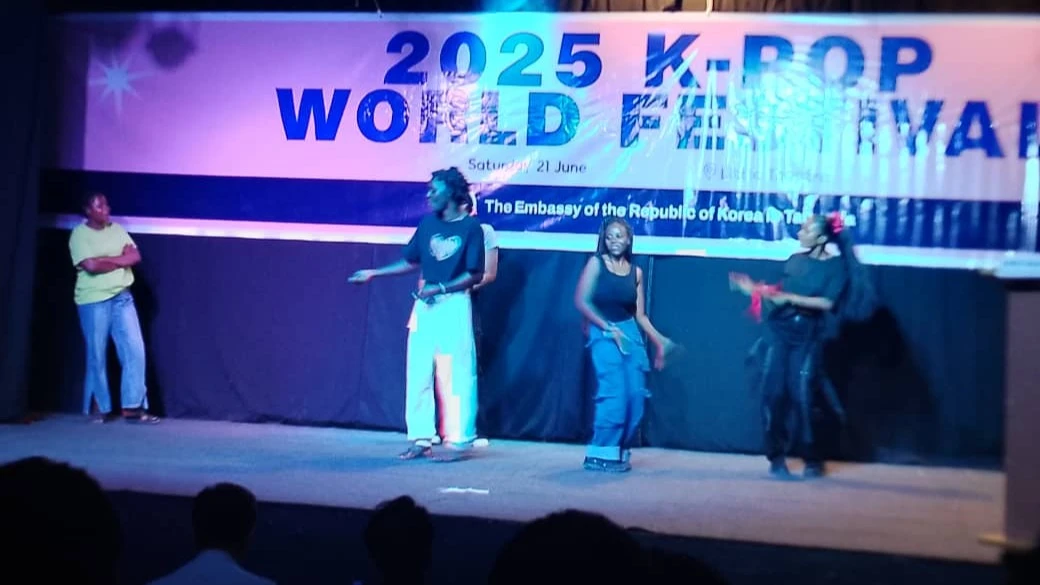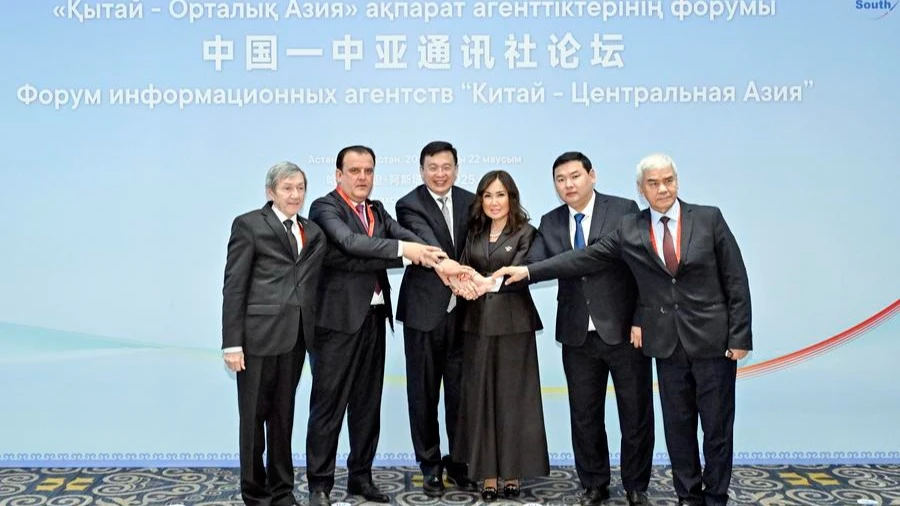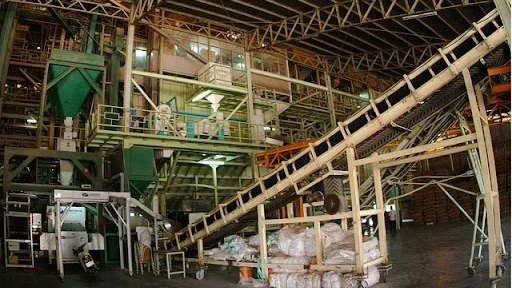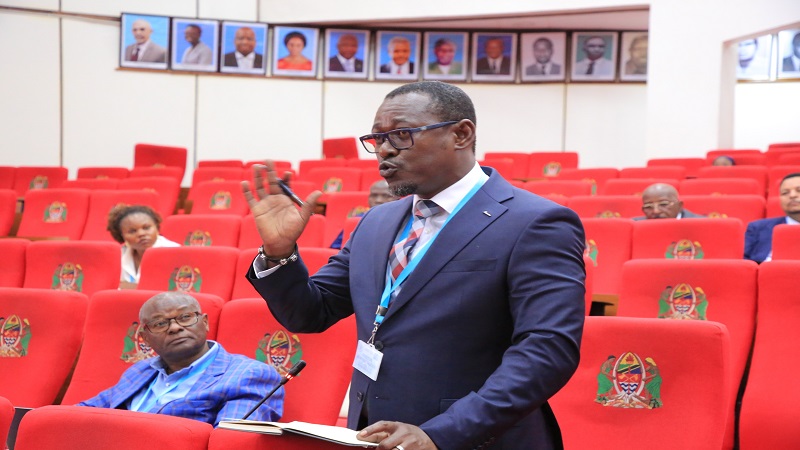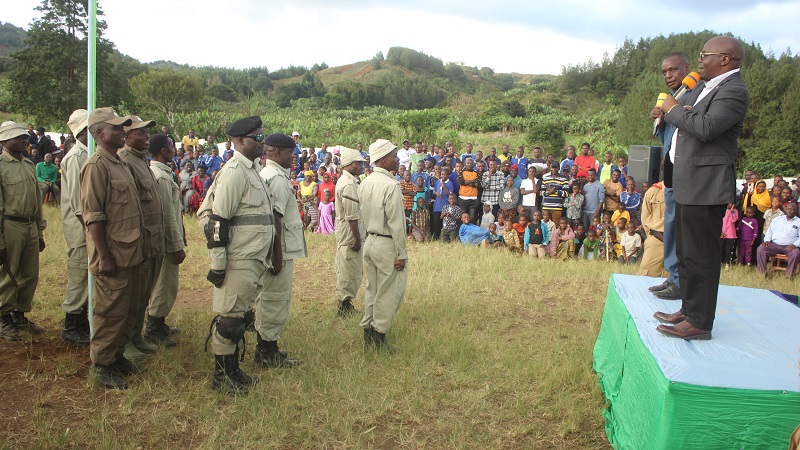Ministry: Horticulture, tourism synergies useful for rural areas
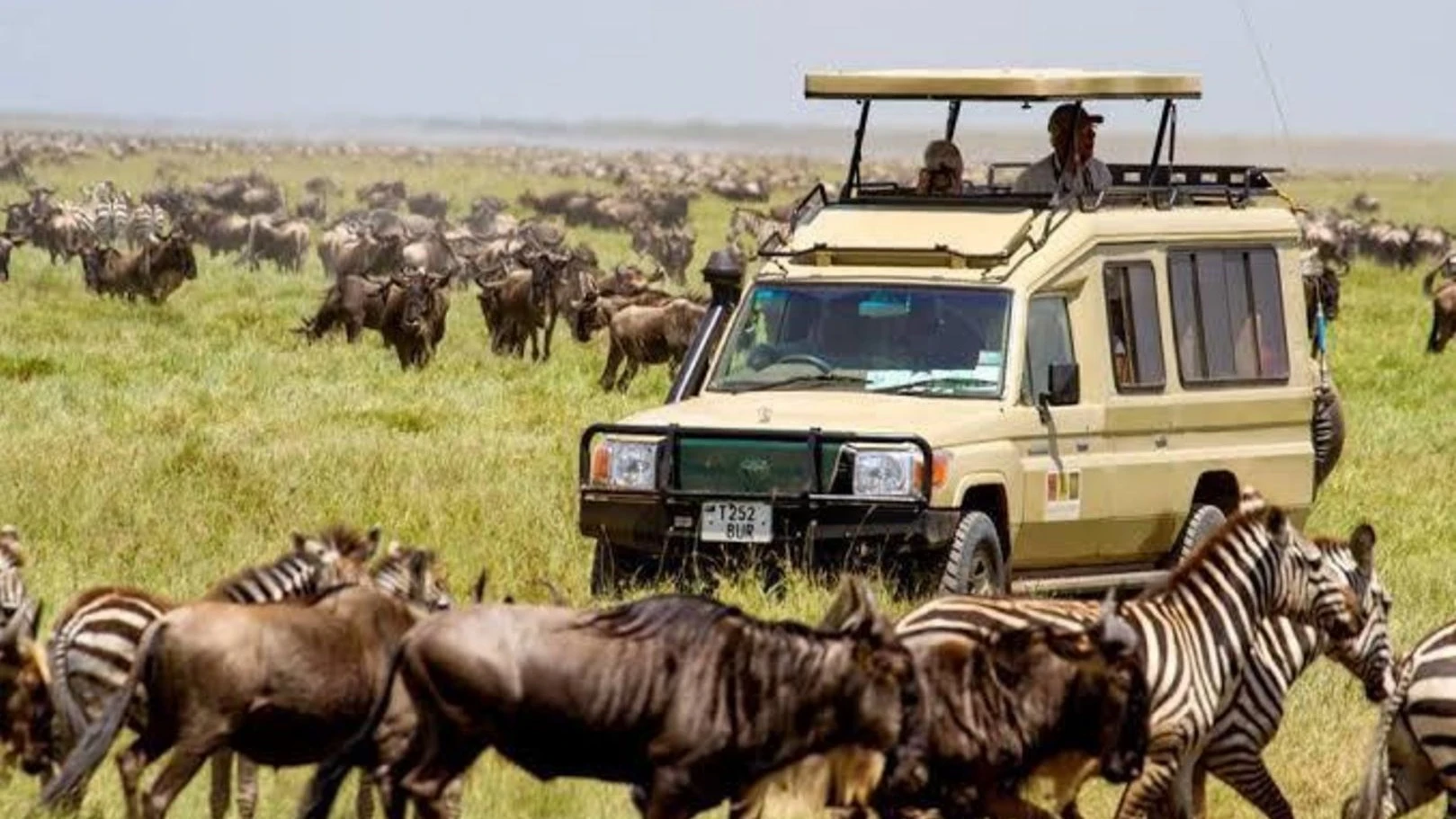
ROBUST collaboration is possible between the burgeoning horticulture export industry and the tourism sector, a top agro-sector policymaker has declared.
Gerald Mweli, the Agriculture permanent secretary, made this assertion at an agriculture and tourism investors’ dialogue organized by the Tanzania Horticultural Association (TAHA) and the Tanzania Association of Tour Operators (TATO).
The event was supported by the Netherlands embassy, while the dialogue brought together horticultural investors, tourism and hospitality executives along with regulatory agencies.
Viewing potential synergies as key to invigorating the rural economy, he pointed at immense combined potential of the sectors to significantly uplift rural livelihoods. Extensive networking between the two sectors would ensure a consistent and reliable supply of horticultural produce in potential high demand tourist spots, he said.
Despite tourism contributing $3.9bn annually by current estimates, local horticultural producers face challenges in obtaining market access in those spots as communication within the current supply chain is weak or inefficient, he stated.
Linking agriculture and tourism especially in regions like Arusha, Kilimanjaro and Manyara promises vast opportunities for uplift of local economies, he said, asserting that investments in horticulture, spiced, organic and high-value crops can support domestic hospitality needs and international export markets.
Strategically placed agro-processing hubs and farms near tourist corridors could yield dual benefits in supplying quality produce to hotels while enriching visitor experiences through farm visits, local markets and culinary routes, he explained. The synergies can support specialized tourism like horti-tourism, focused on gardens, farms and floriculture, which stimulates economic activity and rural uplifting, he said.
Hailing the Netherlands for its steadfast support in advancing agriculture and tourism, he acknowledged the mission’s invaluable role in driving horticultural transformation.
Agriculture remains the mainstay of Tanzania’s economy, sustaining half the workforce, providing 85 percent of exports, with its GDP contribution standing at 29 percent. Tourism contributes slightly over 17 percent of GDP and generates $3.9bn annually, he said.
Dr. Jacqueline Mkindi, the TAHA CEO, said that horti-tourism generates new jobs across various fields, including farm management, guiding, hospitality and market platforms.
It attracts international tourists, earns foreign exchange, boosts community incomes and stimulates artisanal and farm-gate enterprises, she stated, affirming that horti-tourism exemplifies how niche tourism can deliver direct economic gains while deepening cultural and environmental appreciation.
She praised government efforts to enhance market access, expand irrigation and build agricultural infrastructure, pointing out that the dialogue provided a timely opportunity to remove existing barriers and solidify partnerships among investors, the government, and development partners.
Well aligned policies, strategic coherence and collaborative action to fully realize the vast synergy between agriculture and tourism needs to be taken up, she added.
Top Headlines
© 2025 IPPMEDIA.COM. ALL RIGHTS RESERVED








